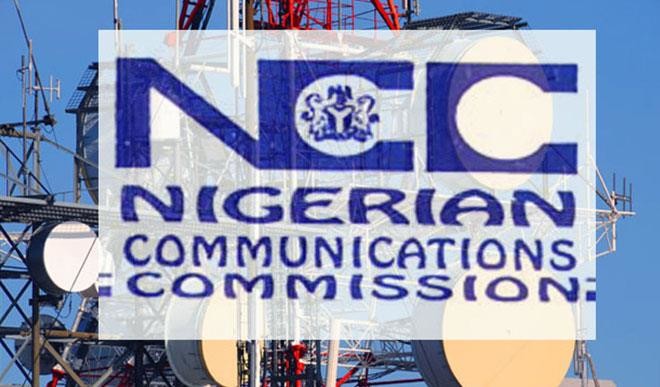
The NCC said internet users increased from 90,124,428 in April to 91,565,010 in May, an increase of 1,440,582.
The telecommunications industry regulator made the disclosure in its Monthly Internet Subscribers Data obtained by the News Agency of Nigeria (NAN) on Saturday in Lagos.
The data showed that internet users on both Global System for Mobile (GSM) communications and Code Division Multiple Access (CDMA) networks increased from 90,154,737 in April to 91,565,319 in May.
It said out of the 91,595,319 internet users in May, 91,565,010 were on GSM networks, while 30,309 users were on CDMA networks.
Also, the GSM service providers gained 1,440,582 internet customers after recording 91,565,010 users in May, as against 90,124,428 it recorded in April.
The CDMA operators retained 30,309 internet subscribers in May as recorded in April.
Meanwhile, more than half a billion people across Sub-Saharan Africa will have subscriptions to a mobile service by the end of the decade, as it becomes the fastest growing region in the world over the period.
According to a new report from GSMA Intelligence, titled The Mobile Economy: Sub-Saharan Africa 2017, the number of unique subscribers will grow from 420 million (43 per cent of the population) at the end of 2016 to 535 million (50 per cent of the population) in 2020.
Subscriber growth is expected to be concentrated in large, underpenetrated markets including Democratic Republic of Congo, Ethiopia, Nigeria and Tanzania, which together will account for half of the 115 million new subscribers in the region during this period.
Growth will also focus on currently under-represented segments such as the under-16 age group and women.
Mobile technologies and services generated $110 billion of economic value in Sub-Saharan Africa in 2016, equivalent to 7.7 per cent of regional GDP – a figure expected to grow to $142 billion (8.6 per cent of GDP) by 2020.
The mobile ecosystem also directly and indirectly supported around 3.5 million jobs in the region, and made a $13 billion contribution to the public sector in the form of taxes.
Operators have invested $37 billion in their networks, mainly to deploy new 3G and 4G mobile broadband infrastructure.

 Join Daily Trust WhatsApp Community For Quick Access To News and Happenings Around You.
Join Daily Trust WhatsApp Community For Quick Access To News and Happenings Around You.

